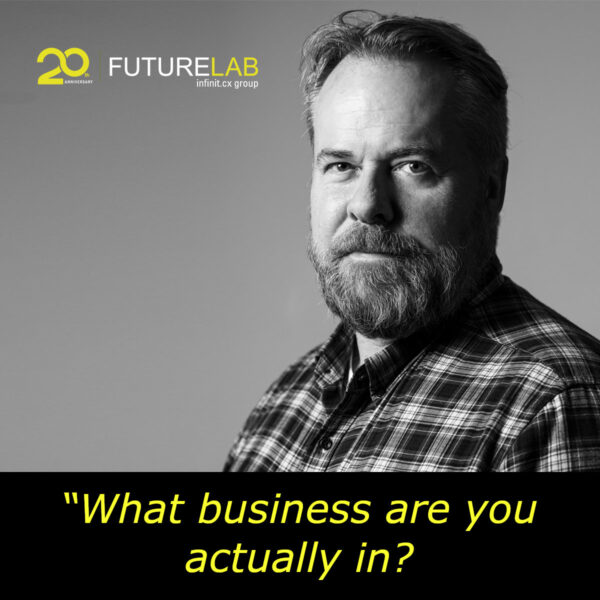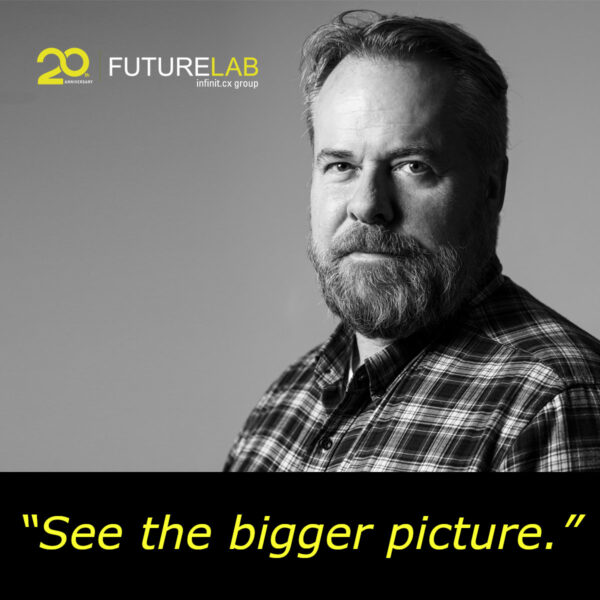I received an email a few weeks ago from Travelocity, a service I use rather infrequently to book hotels, and it offered me a $25 coupon if I’d “like” the company’s Facebook page. It got me thinking about what it would get in return:
- Inclusion in my collection of Likes
- An entry on my Timeline
- The brand teed-up on the right-column news feed on my friends’ pages
- I could appear in ads
- My subscription to updates from Travelocity via my news feed and messages
Though I could delete, hide, and unsubscribe from all of it in a few seconds, Travelocity judged that the value of that exposure was worth risking $25.
I can’t imagine how the math works.
I wouldn’t have even considered “liking” Travelocity’s Facebook page without the offer, so it wouldn’t be an organic or sincere gesture if I did so. I won’t think more fondly of the brand now that it has offered to pay me for the feeling, and I don’t think I’m going to recommend it more or more often to my real friends in the real world. It can’t be that the company likes losing $25 of margin to make a single sale, which is what it could get from my use of the coupon. I’m not it’s friend now, any more than I was before it offered to spiff me. Most of the nonsense on Facebook is utterly ignorable.
No, Travelocity (or it’s social media agency) determined that a Facebook “like” is worth $25. I wonder if that’s the going rate these days.
I understand the value of referral; it’s the way I make a living, and it’s what I rely on for much of the entertainment and artistic content I choose to pursue. There’s no better endorsement of a product or service than a real endorsement from somebody you know and trust.
But with that goal in mind, could Travelocity spend its $25 more effectively?
Of course. First, though, it would require that it stop thinking about social communication as an artifact of Facebook or any other technology platform or tool. Word-of-mouth is about as old as the first words that came out of somebody’s mouth. Second, it would have to realize that the substance of those words is reliant upon, well, substance, not the mechanism of formulating and expressing them (or avoiding the question altogether by calling it content).
True WOM isn’t a marketing campaign, it’s the outcome of campaigns in and of reality. Here are a few thought-starters on what it could have done with that $25 instead:
- Improved service, so much so that it could talk about it as a user benefit. Getting to a human being faster (and to one who was empowered to do more) would make Travelocity lots of new friends.
- Promo friend travel, so customers could share discounts with friends and family and encourage them to come visit. Do it around reunions (or college sporting events). It would be something worth talking about online.
- Incentivize frequent users, so the people who really and truly like Travelocity received additional benefits for their patronage. This would deepen the relationships as well as build a barrier to abandonment.
My gut tells me any of these ideas (or ones like it) would be worth more than investing money in the medium of “likes” on Facebook. What do you think?
Original post: http://baskinbrand.com/?p=562




